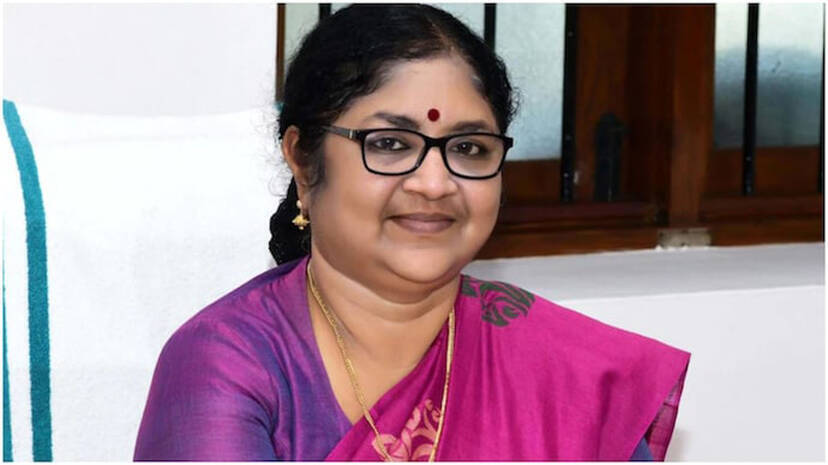

The ongoing controversies related to the appointment of principals in government colleges are an example of the gross inefficiency and nepotism facing the higher education sector in the state. What is even more strange is that those occupying responsible positions are flouting rules and regulations indiscriminately to appoint their own people. The fact that 66 government colleges are not having legally appointed principals for the last five years reflects the decay of the higher education sector. This is not because college teachers do not have the necessary qualifications to be principals. This uncertainty started ever since it was forced to abandon the recruitment list which was formed by including members of its own teachers' union. The UGC has specified precise requirements for the qualifications of people who will be chosen as college principals. Additionally, there are rules in place that make it clear how the election should be conducted. Had things worked out as per the rules, all the government colleges would have already had principals. However, what can be done if the departmental minister and the government, who have to serve the interests of the pro-government teachers' union, do not insist that things be done according to the UGC rules?
The higher education sector in the state is facing several complaints and limitations. Excessive political interference is key to the disaster facing the higher education sector. Children are leaving the state in droves to other states and foreign countries for their undergraduate and postgraduate studies. More than 60,000 graduate seats were vacant across the state in the last academic year. This shows how students are looking at colleges in the state.
The appeal committee was formed by overturning the list itself at a time when the appointment of principals was at the last stage. The Higher Education Minister said in the press conference that she did not know who formed the committee. It should be understood that the minister does not know what is going on in her department. The general public expects the minister to sack any employees of the higher education department who are capable of forming a new appeal committee without the minister's knowledge. 24 candidates were dropped from the list of 67 after the expert committee interviewed the teacher applicants earlier. This was in the context of a dispute over the papers they had submitted for consideration. The minister is also unable to refute the allegation that instead of appointing the principal from the list of 43 persons prepared by the expert committee, a new list was made and the appeal committee was formed based on external interest. Some see it as an attempt to include those who were omitted from the list earlier. There is no point in the claims that those, who do not know how to appoint even a principal without facing objections, will raise the standards of the higher education sector.